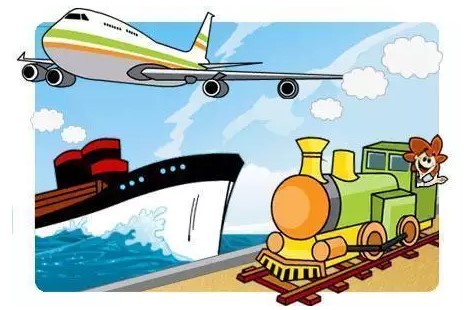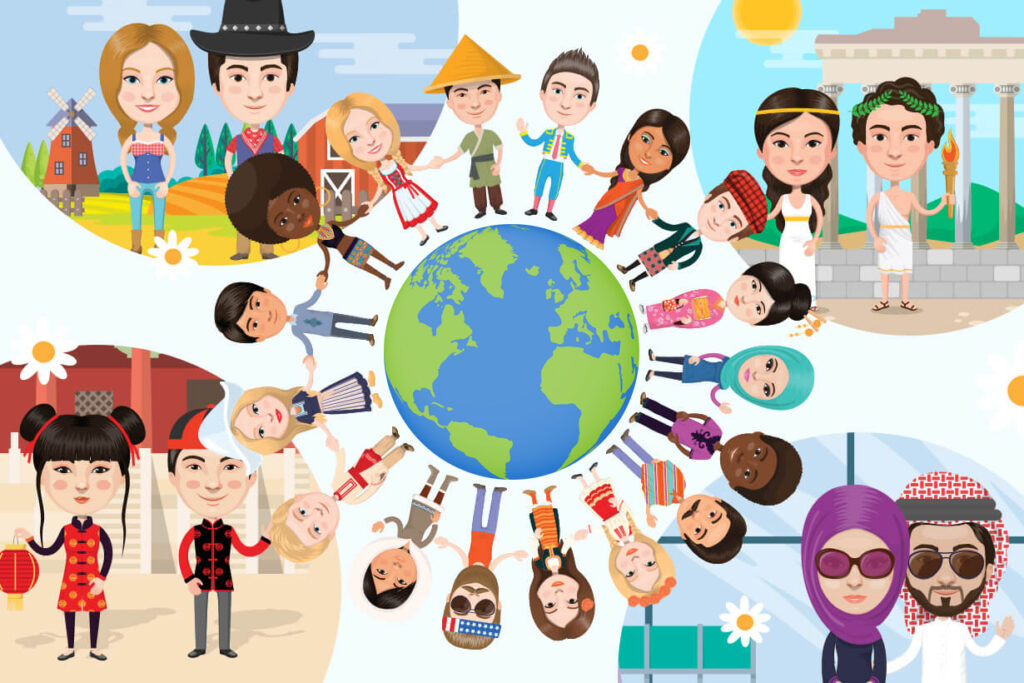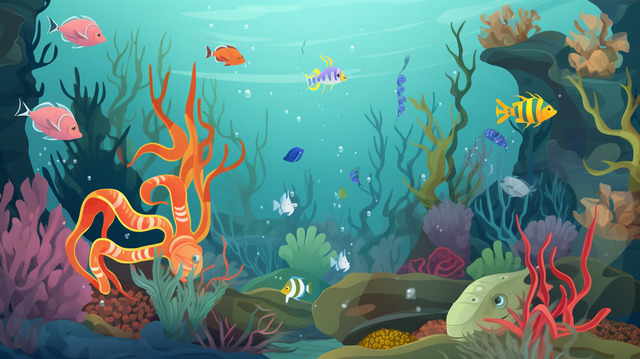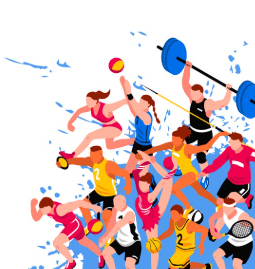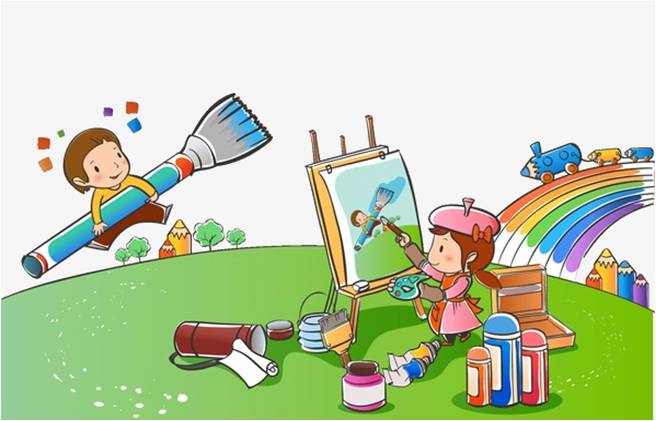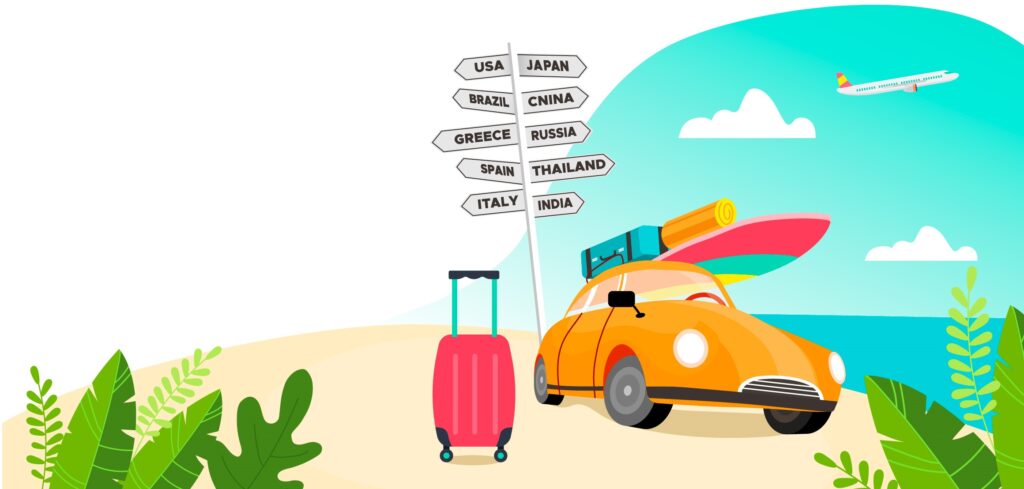Means of Transport
CONNECT Means of transportation allow the movement of people and goods from one place to another, facilitating access to essential services such as education, healthcare, and employment. This increases social and economic mobility, connecting regions and promoting social integration. Efficient transportation improves quality of life by reducing travel time, increasing accessibility to services, and enhancing […]
Means of Transport Read More »

